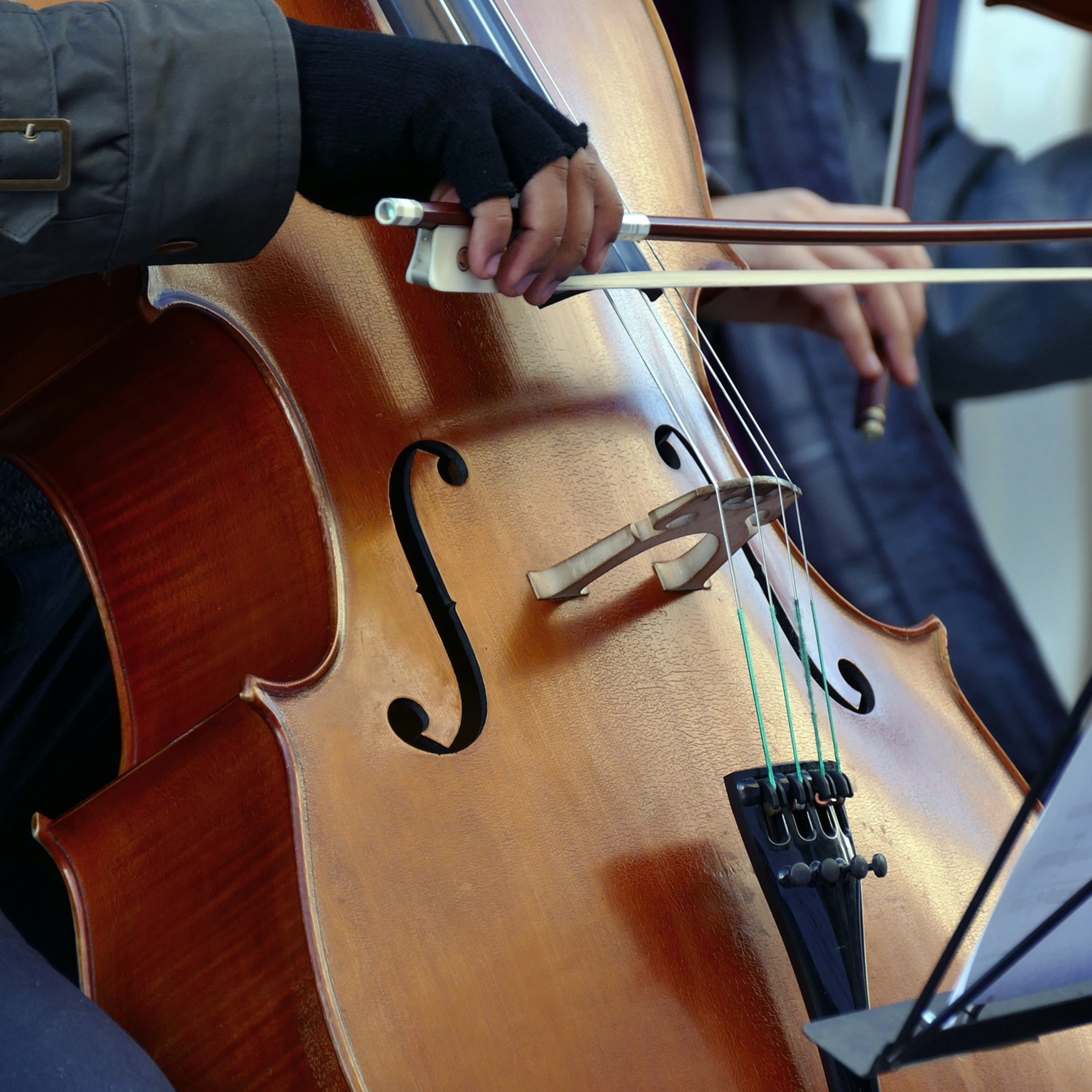Classical Music, Conflict, and Identity in the Contemporary Novel

b'
When we listen to classical music, some of us might think we hear a story in the melody - but others will not. Some of us might know about the life of the composer and project their biography onto the piece \\u2013 but others will listen with ears unbiased by context. The problem is that meaning doesn\\u2019t actually live anywhere that can be pinpointed in a particular sound or melody. Novels, on the other hand, tell us a story both about the characters within the text, and the music they listen to. So what happens when we read about music in their fiction? Can novels also help us to imagine the story of a tune? Does it change our interpretation of the novel if we already know the song being referred to and \\u2018hear\\u2019 it in our mind as we read? These are difficult and perhaps ultimately unanswerable questions, but Katie Harling-Lee invites you to try in this composition of words and music.
\\nListeners are advised that this podcast includes some discussion of conflict and violence. Due to copyright restrictions, we\\u2019re unable to integrate some of the music directly in the podcast and the talk has been edited accordingly; however, you can listen to the relevant extracts, which will be indicated at the appropriate time in the talk.
\\n- \\n
- Shostakovich, Symphony Number 5, Movement 1 (00:09-01:22) \\n
- Shostakovich, Symphony Number 5, Movement 3 (00:06-01:22) \\n
- Shostakovich, Symphony Number 5, Movement 4 opening extract (00:09-01:22) \\n
- Shostakovich, Symphony Number 5, Movement 4 closing extract (09:25-10:52) \\n
For more information about this podcast, visit READ: Research English At Durham.
'